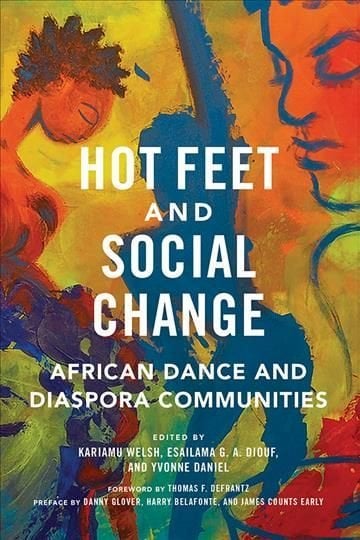Stories from various cultures and periods of time can be identified which deal with a concept of soul loss that is essentially shamanic. In shamanism, soul loss is the term used to describe the way parts of the psyche become detached when we are faced with traumatic situations. In shamanic terms, these split-off parts can be found in non-ordinary reality and are only accessible to those familiar with its topography. Case studies are presented to show how the way soul loss is dealt with by indigenous shamans differs from the way it is treated by neo-shamanic practitioners. Stories have traditionally been classified as epics, myths, sagas, legends, folk tales, fairy tales, parables and fables. However, the definitions of the terms have a tendency to overlap, making it difficult to classify and categorize material. For this reason, a case can be made for the introduction of a new genre, termed the shamanic story-a story that has either been based on or inspired by a shamanic journey (a numinous experience in non-ordinary reality) or one that contains a number of the elements typical of such a journey. Within this new genre it is proposed that there exists a sub-genre, shamanic stories that deal specifically with soul-loss, and examples are presented and analysed to support this hypothesis.












